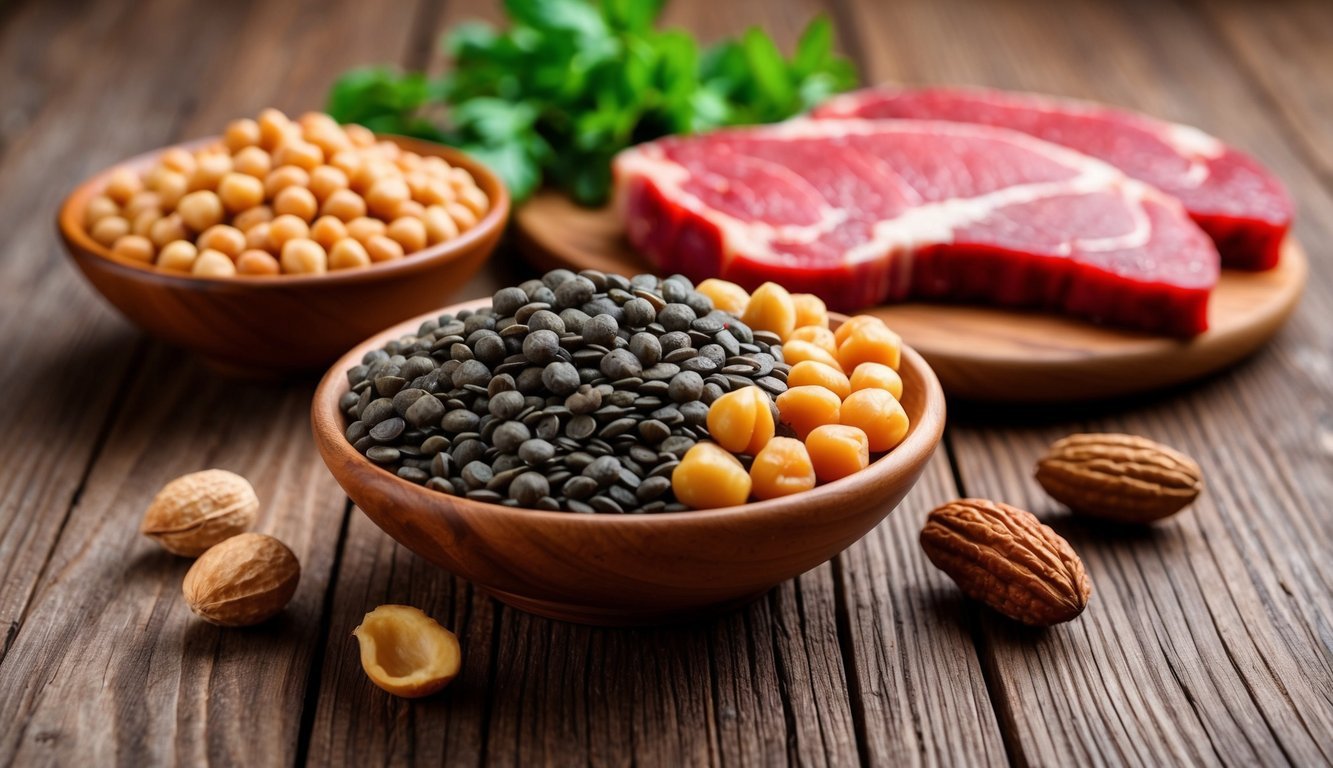
Embracing a diet loaded with plant-based foods while cutting back on meat can have substantial benefits for your health and the environment, especially when it comes to heart health.
A Groundbreaking Study
A groundbreaking study from the Harvard T.H. Chan School of Public Health has revealed a compelling connection between a higher intake of plant proteins and a lower risk of cardiovascular diseases (CVD) and coronary heart disease (CHD).
This extensive research spanned 30 years and involved approximately 203,000 adults across the United States. Participants provided updates on their eating habits and lifestyle choices every four years, while also sharing insights into their heart health. The researchers closely examined the impact of the ratio of plant-based to animal protein intake, alongside protein density, on the risk of developing heart conditions.
The findings are striking. Those who replaced red and processed meats with plant protein sources—particularly legumes and nuts—experienced a significant reduction in the risks associated with CVD and CHD. The study encourages individuals to focus on incorporating whole plant foods as substitutes for saturated fats and animal proteins, rather than simply relying on refined carbohydrates to improve heart health.
Key Findings
Specifically, people with the highest ratio of plant to animal protein enjoyed a striking 19% lower risk of CVD and a 27% lower risk of CHD. While the risk of CVD plateaus at a 1:2 ratio of plant to animal proteins, the risk for CHD continues to decrease as the ratio increases further.
The research team attributes these heart health benefits to the unique nutritional quality of plant proteins. Generally, these proteins contain less saturated fat and more unsaturated fats, carbohydrates, and dietary fiber. They also provide a preferable amino acid profile.
As a result, incorporating more plant proteins can lead to notable improvements in cardiovascular health, such as lower cholesterol levels, reduced blood pressure, and a decreased likelihood of developing diabetes. The study emphasizes the need for further exploration into the most effective plant-to-animal protein ratio for preventing CVD.
Recommendations for Dietary Changes
In conclusion, the senior author of the study calls on individuals to pivot towards diets that emphasize plant-based proteins. This shift involves a conscious effort to cut down on meat, particularly red and processed options, while ramping up the intake of nutritious legumes and nuts. Such changes not only promote personal health but also contribute positively to the health of our planet.
Source: Vegconomist

